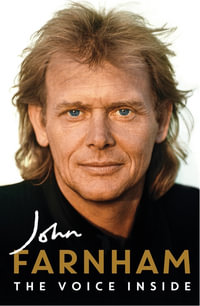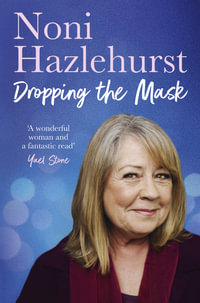The major challenges facing humanity are global in nature – climate change, ever decreasing biodiversity, full use of the fresh water on the planet, to name a few. Unless the world is basically peaceful, we will never get the trust, cooperation and inclusiveness to solve these issues, yet what creates peace is poorly understood.
Working on an aid program in one of the most violent places in the world, North East Kivu in the DR Congo, philanthropist and business leader Steve Killelea asked himself, ‘What are the most peaceful nations?’ Unable to find an answer, he created the world’s leading measure of peace, the Global Peace Index, which receives over 16 billion media impressions annually and has become the definitive go to index for heads of state. Steve Killelea then went on to establish world-renowned think tank, the Institute for Economics and Peace. Today its work is used by organisations such as the World Bank, United Nations and Organisation for Economic Co-operation and Development (OECD) and taught in thousands of university courses around the world.
Peace in the Age of Chaos tells of Steve’s personal journey to measure and understand peace. It explores the practical application of his work, which is gathering momentum at a rapid pace. In this time when we are faced with environmental, social and economic challenges, this book shows us a way forward where Positive Peace, described as creating the optimal environment for human potential to flourish, can lead to a paradigm shift in the ways societies can be managed, thereby transcending and reinvigorating western democracies.
About the Author
Steve Killelea is the multi-award-winning founder of the internationally renowned global think tank, the Institute for Economics and Peace (IEP). He is regularly quoted in the media on subjects ranging from terrorism to conflict and is also a sought-after international speaker. His funding of the IEP was recognised as one of the 50 most impactful philanthropic gifts in Australia's history by a coalition of Australian Foundations in 2013, and he has been recognised as one of the 100 most influential people in the world on reducing armed violence. In recognition of Steve's deep commitment to peace, he has twice been nominated for the Nobel Peace Prize.
























